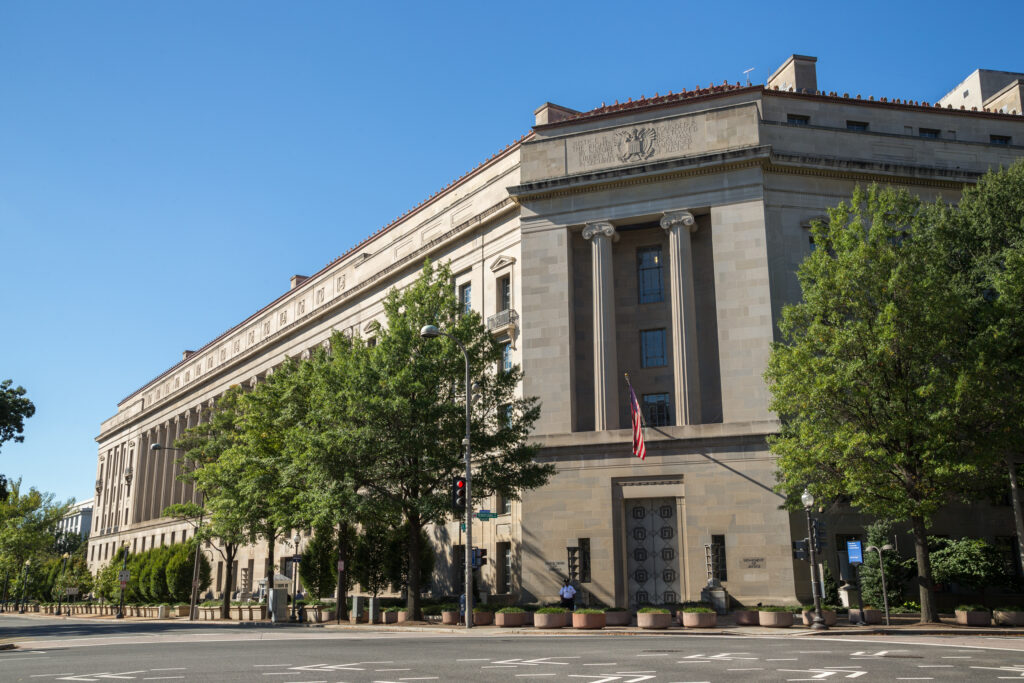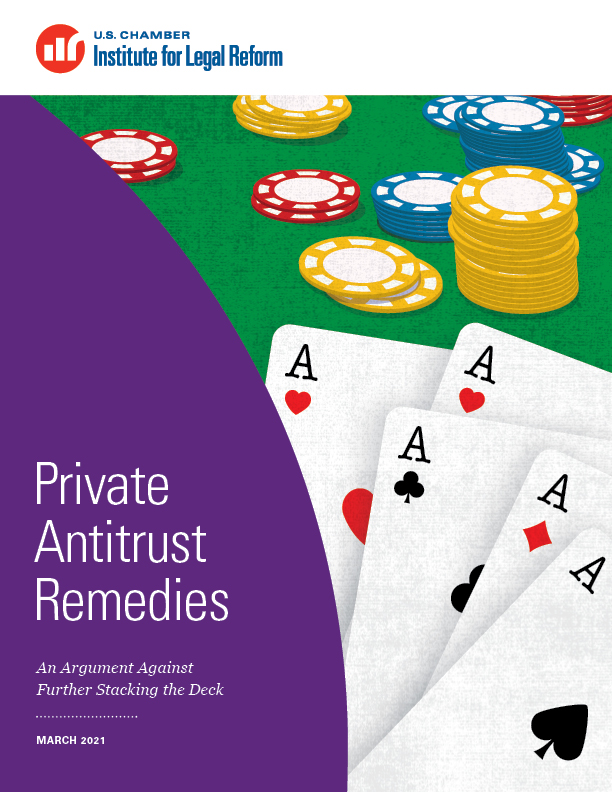In January, the Department of Justice (DOJ) issued a memo by then-Associate Attorney General Rachel Brand which prevents DOJ attorneys from turning agency guidelines into binding legal rules in enforcement actions. This was a welcome—and much needed—development for businesses, and a signal the DOJ is committed to promoting the rule of law.
It appears the Brand Memo is paving the way for other government agencies to follow the DOJ’s lead.
Earlier this week, five federal financial regulators—the Federal Reserve, the FDIC, OCC, the Consumer Financial Protection Bureau, and the National Credit Union Administration—announced they would not pursue enforcement actions based on guidance in bank supervision.
This important change is one of many positive efforts the fives agencies are making to clarify policies related to supervisory guidance. Other clarifications include:
1. limiting the use of numerical thresholds or other bright-lines when outlining expectations in supervisory guidance;
2. directing examiners to not criticize a company for a “violation” of supervisory guidance and only issue citations when companies have violated laws, regulations or other non-compliance violations;
3. avoiding issuance of multiple guidance documents on the same topic;
4. and continuing to clarify the role of supervisory guidance in communications with exam teams and supervised institutions.
Additionally, on Sept. 13, the Chairman of the Securities and Exchange Commission (SEC) announced that viewpoints by its staff in speeches, compliance guides, and other communications on SEC rules and regulations are nonbinding and create no enforceable legal rights of the Commission. The Chairman said that only the Commission itself can enforce compliance of its rules and regulations.
The U.S. Chamber Institute for Legal Reform (ILR) applauds these announcements, and is encouraged that other agencies are following the DOJ’s lead to formalize policy changes that curb over-enforcement by the federal government. Clarifying these positions means that businesses will have a better understanding of how to stay on the right side of the law, and can foster an environment of compliance between companies and regulatory agencies.



